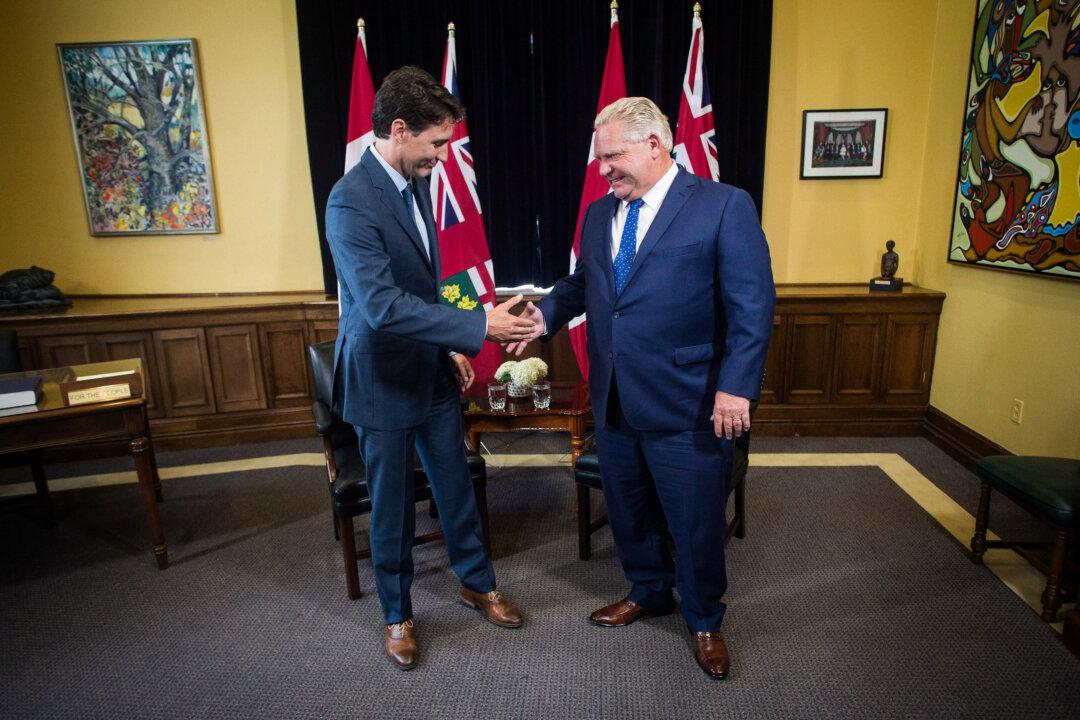Ontario Premier Doug Ford is asking Ottawa to pause approval of safe-supply programs in the province.
Mr. Ford made the comments in a letter to Prime Minister Justin Trudeau on May 17.

Ontario Premier Doug Ford is asking Ottawa to pause approval of safe-supply programs in the province.
Mr. Ford made the comments in a letter to Prime Minister Justin Trudeau on May 17.